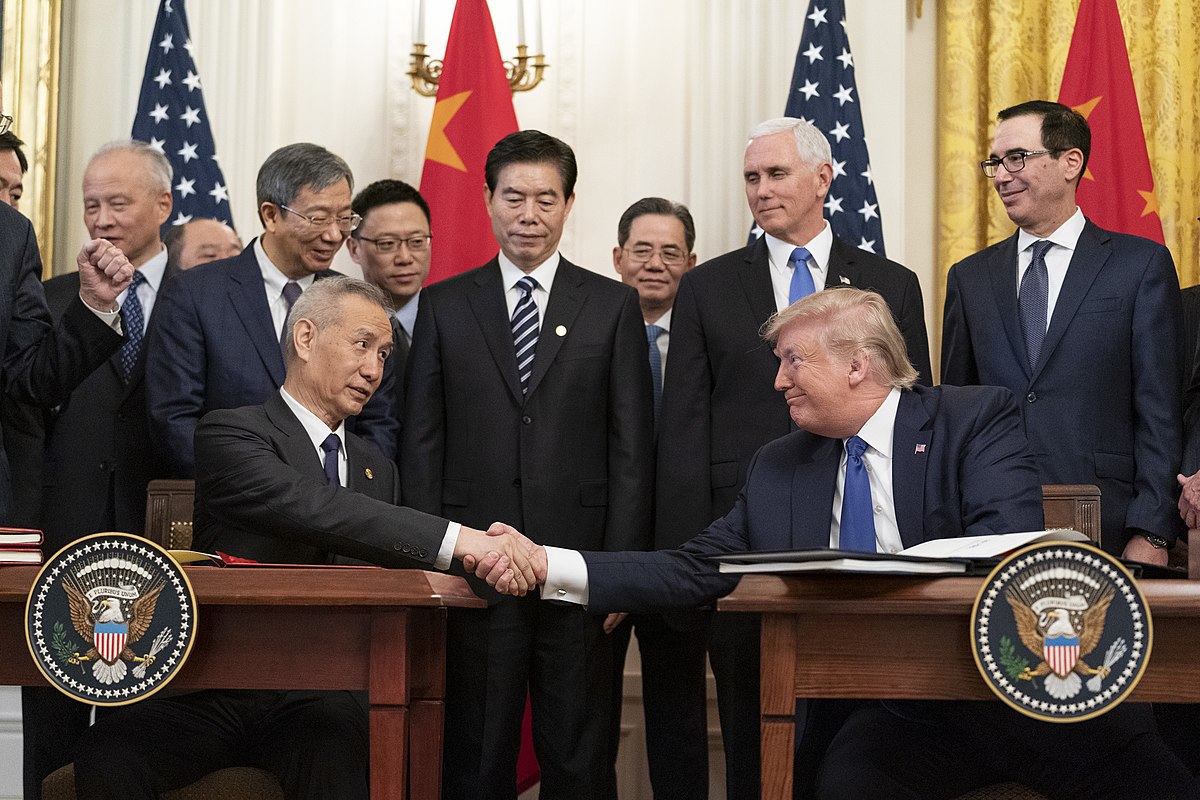Sheinbaum Administration Prepares for Potential Challenges with Trump’s Return
Mexico City – The administration of President Claudia Sheinbaum is taking proactive measures in anticipation of the challenges posed by the potential return of Donald Trump to the U.S. presidency. Concerned about the economic impact and immigration policies that may arise if Trump returns to office, the Mexican government aims to protect its interests while navigating possible shifts in U.S.-Mexico relations.
Prioritizing Economic Interests and Immigration Management
As the Sheinbaum administration evaluates its strategies, there is a palpable sense of caution surrounding Trump’s possible return. Officials within her administration fear that many of Trump’s proposed policies could have negative repercussions for Mexico. Expressing this sentiment, Sheinbaum has emphasized the importance of preserving a strong bilateral relationship while upholding Mexico’s sovereignty. “There is no reason for concern,” Sheinbaum reassured the public in a recent press conference, confidently asserting that diplomatic relations will remain stable. “We will work with dialogue and respect for our sovereignties.”
The Complexity of U.S.-Mexico Relations
In an interview with *Fox News Digital*, Rodrigo Montes de Oca, a scholar at the Baker Institute’s Center for the U.S. and Mexico, provided insight into the evolving landscape of U.S.-Mexico relations. He stated that under Sheinbaum’s leadership, there could be a shift from a unilateral focus on immigration—characteristic of former President López Obrador’s administration—to a more multifaceted approach encompassing trade and security concerns. Montes de Oca remarked, “López Obrador managed to focus the relationship almost entirely on immigration, but with Trump, the landscape becomes more complex.”
Potential Threats from Trump’s Leadership
Trump’s campaign rhetoric has deepened tensions, especially his threat to unveil U.S. intelligence linking Mexican politicians to drug cartels should the Mexican government fail to comply with his demands. Montes de Oca warns that this broader strategic focus poses significant challenges, and the Mexican government may not be fully equipped to address these concerns effectively.
Strengthening Immigration Policies
In light of Trump’s anticipated stricter immigration measures, the Mexican government is working on bolstering its own immigration policies. This may involve heightened enforcement at Mexico’s southern border and increased coordination with U.S. immigration authorities to mitigate the flow of migrants. These efforts align with a dual aim: to meet U.S. immigration concerns and uphold Mexico’s humanitarian obligations.
Continuing Strategies from the López Obrador Administration
Continuing the legacy of her predecessor, Sheinbaum is committed to discouraging migrant caravans that attempt to traverse Mexico on their way to the U.S. This has involved deploying security forces, including the National Guard, to prevent large groups of migrants from moving northward.
Repatriation and Cooperation with the U.S.
Additionally, the Mexican government has organized repatriation flights for migrants to further reduce the number attempting to cross into the U.S. Mexico has articulated its intent to collaborate closely with U.S. authorities to manage migration flows, accepting deported individuals and enforcing control measures aimed at curbing illegal crossings.
Navigating Economic Impacts
Economically, Mexico is wary of Trump’s proposed trade policies, particularly potential tariffs on Mexican exports, notably within the robust automotive sector. In response, Economy Minister Marcelo Ebrard has hinted at possible reciprocal tariffs on U.S. imports should Trump’s administration pursue such measures, underscoring the economic repercussions that could affect both countries.
Addressing Internal Violence and Security Strategy
Montes de Oca further highlighted the necessity for Mexico to develop a comprehensive strategy to address escalating internal violence, cautioning that neglecting this issue could lead to adverse economic consequences and complicate future negotiations of the United States-Mexico-Canada Agreement (USMCA), which is set for renegotiation in 2026. Given Trump’s previous advocacy for military action against Mexican drug cartels, it is likely that Mexico will enhance its security initiatives to preclude any U.S. intervention.
Cautious Optimism from Mexican Officials
Despite the uncertainties, Gerardo Fernández Noroña, the president of the Mexican Senate, expressed a cautious optimism regarding the relationship with Trump. He remarked on Trump’s understandings of the vital role Mexico plays in American society and politics. “Trump understands the significance of the Mexican community in the U.S. and the support he received from many Mexicans,” Noroña noted, reinforcing the notion that a cooperative relationship is crucial.
Looking Ahead: The Future of U.S.-Mexico Ties
As Mexican politicians like Congressman Raúl Torres urge for a bolstered security strategy along the southern border and emphasize necessary shifts in U.S.-Mexico negotiations, it emerges that the Sheinbaum administration will have to be both vigilant and adaptive. The upcoming USMCA renegotiations and the increasing economic clout of Mexicans in the U.S. form a backdrop that strengthens Mexico’s position while also complicating relationship dynamics. Many of these expatriates not only influence the U.S. economy but also hold political sway and support figures like Trump.
In summation, experts remain divided as to how the Sheinbaum administration may adjust its policies in response to Trump’s potential return, but one aspect remains clear: security will undoubtedly be a pivotal issue as the government strives to maintain a stable and mutually beneficial relationship with its northern neighbor.
